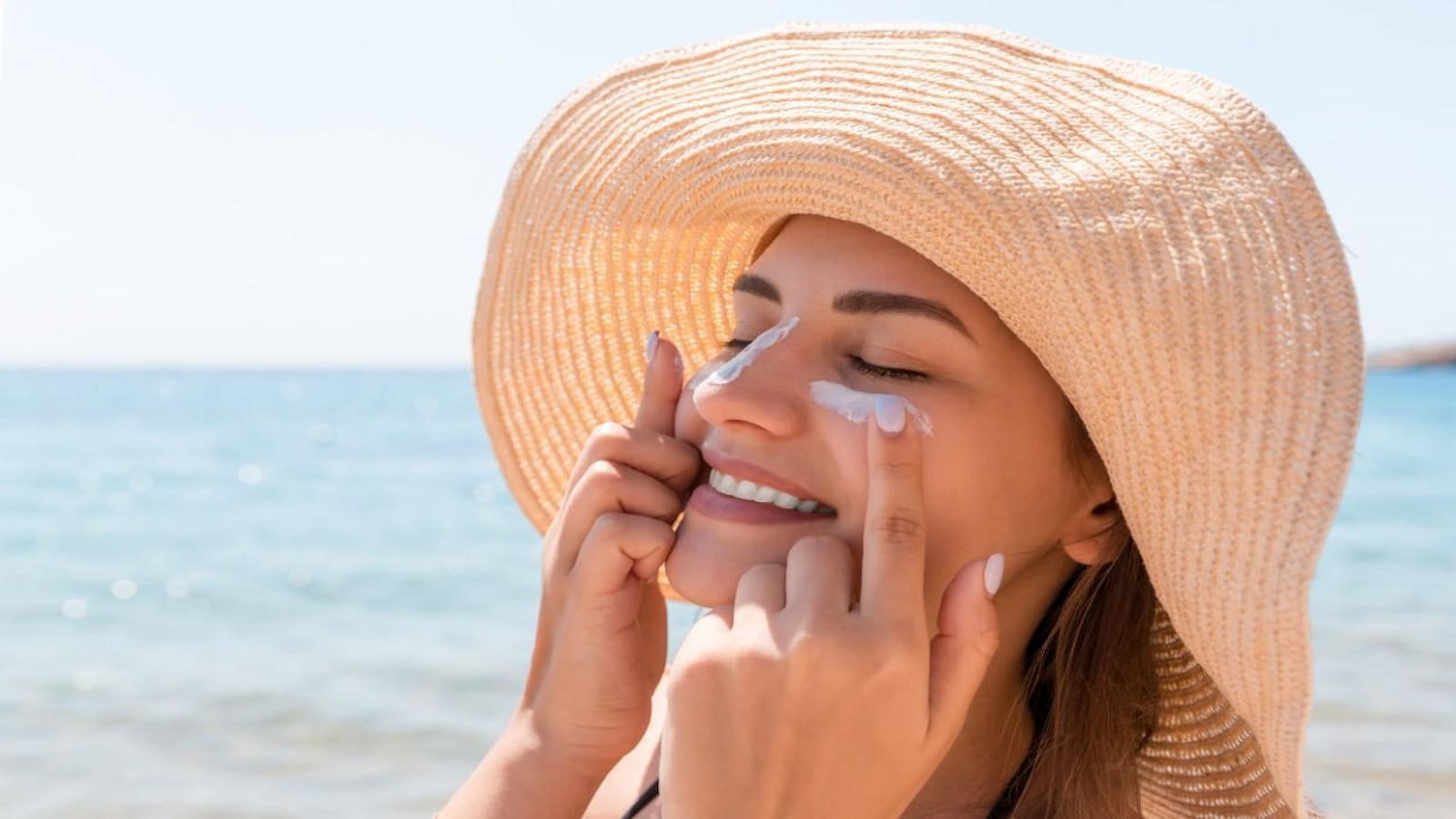Sunscreen Day 2024 (US): People observe Sunscreen Day annually on May 27 to emphasize skin care. We dedicate this day to increasing awareness of sunscreen products and their significant advantages for our epidermis and overall health. People have been using sunscreen since the early 1900s, and scientists discovered sun protection factor (SPF) shortly thereafter.
Sunscreens, also known as sunblock or suntan lotions, come in a variety of forms, including creams, sprays, gels, sticks, and granules. Applying these topical products to our skin mitigates the severe effects of the sun’s ultraviolet (UV) rays. Dedicate this day to increasing awareness of the photoprotective properties of sunscreen.
History of Sunscreen Day
Skincare companies are progressively increasing awareness of sunscreen and its benefits by proliferating skin-protection products in the already saturated skincare industry. You may have encountered it, heard about it, or viewed a few commercials that revolved around it, even if you have not previously used it. We confidently believe that you vaguely understand the nature of this photoprotective product.
As I previously stated, sunscreen provides photoprotection and is a hygiene product. People use this product on their skin in its most basic form to protect it from the effects of sunlight, specifically ultraviolet (UV) radiation, which can cause skin cancer and aging. The product is applied to specific areas on the skin’s surface that are most susceptible to sunlight because it is topical.
You may have assumed that sunscreen is only appropriate for extremely hot, sunny days or days spent at the shore after hearing all this “sunlight” talk. However, we understand. Patently false. The sun always emerges, regardless of the weather, whether it is hot, warm, chilly, or extremely cold. U.V. rays are perpetually present, albeit their intensity may fluctuate. Consequently, always keep sunscreen on hand when you exit the house.
An Australian chemist named H.A. Milton Blake developed sunscreen in the 1930s. The University of Adelaide confirmed that the product has UV-protective properties. Early civilizations used plant products such as olive oil, jasmine, rice, or zinc oxide pastes to safeguard their skin from the sun’s rays.
Franz Greiter discovered S.P.F. several decades later and established it as the industry standard for measuring U.V. protection. We established Sunscreen Protection Day to raise awareness of the protective and essential properties of sunscreen.
National Body Care Day 2024 (US): Explore its Interesting Facts and History
FAQs for Sunscreen Day
Is the value of S.P.F. significant?
The primary determinant of U.V. protection levels is S.P.F. This implies that a higher S.P.F. number typically provides greater protection from radiation. The distinction in S.P.F. levels decreases as the number of levels increases beyond 30, with a range of two to 100. For instance, S.P.F. 30 provides 97% protection, S.P.F. 50 provides 98% protection, and S.P.F. 100 provides 99% protection.
Is it possible for sunscreen to expire?
Yes, sunscreen does have an expiration date. According to the Food and Drug Administration, all sunscreens must maintain their original potency for a minimum of three years. Changes in color, consistency, and effect may indicate that the product is approaching its expiration date. However, the majority of sunscreens are labeled with expiration dates on their containers to inform consumers when they should dispose of them.
Is it advisable to apply sunscreen only once?
To ensure your protection for the day, applying sunscreen to your entire body before leaving is insufficient. Since the average sunscreen only remains effective for approximately two hours, experts recommend carrying sunscreen with us wherever we go and reapplying it every few hours. However, if you have a more hectic day and will likely be exposed to more sun or perspiration than usual, you should reapply your sunscreen more frequently.
5 Fascinating Facts about Sunscreen
- Sunscreens provide two distinct forms of protection: U.V.A. and U.V.B. Therefore, it is advisable to select a broad-spectrum sunscreen that protects against both.
- Sunscreens are never designed to be sweatproof or sunproof; they are only water-resistant, which means they are effective for a limited period underwater.
- It is not recommended that children under the age of six months wear sunscreen due to their extremely sensitive skin.
- Sunscreen mists are the least effective form of sunscreen.
- Sunscreen is effective and recommended for all skin complexions, tones, and hues.
Dates of Sunscreen Day
| Year | Date | Day |
|---|---|---|
| 2024 | May 27 | Monday |
| 2025 | May 27 | Tuesday |
| 2026 | May 27 | Wednesday |
| 2027 | May 27 | Thursday |
| 2028 | May 27 | Saturday |
Don’t Fry Day 2024 (US): Protecting Your Skin from the Sun’s Harmful Rays












